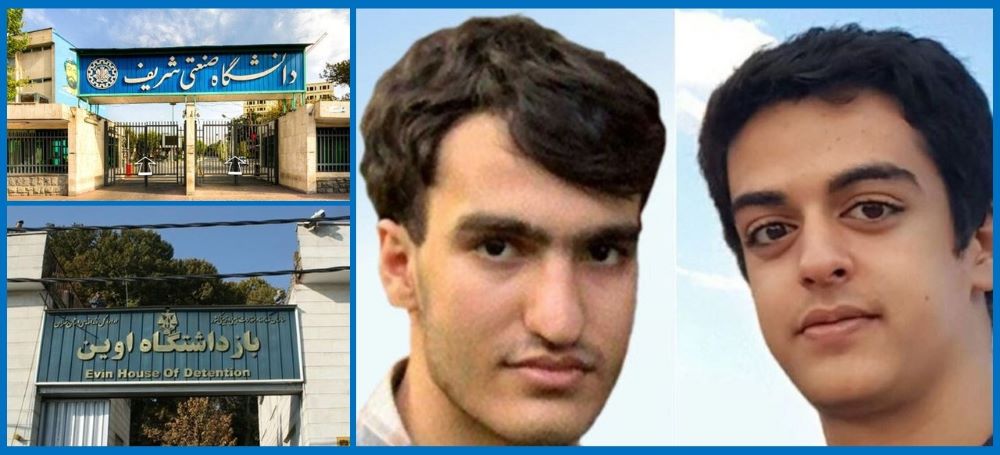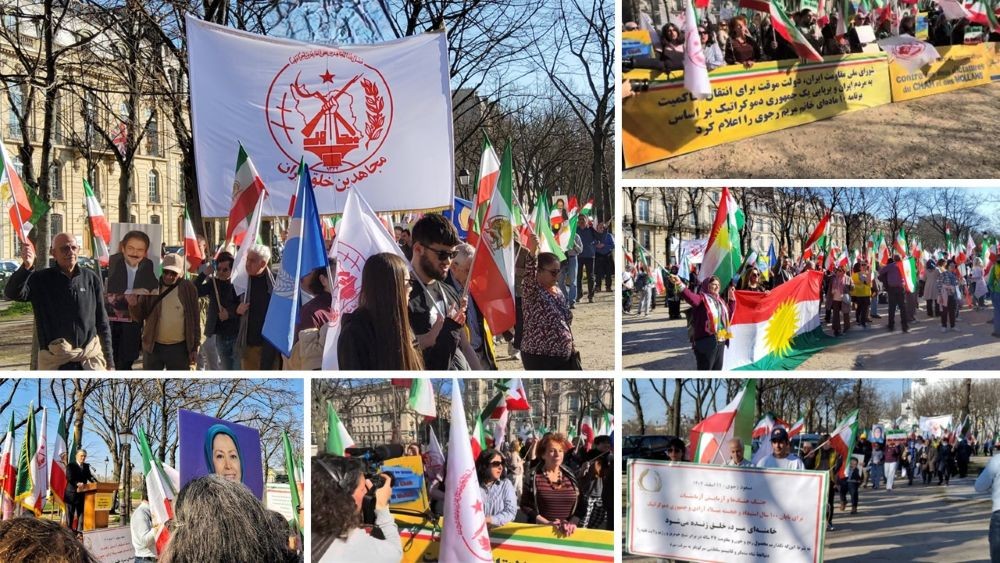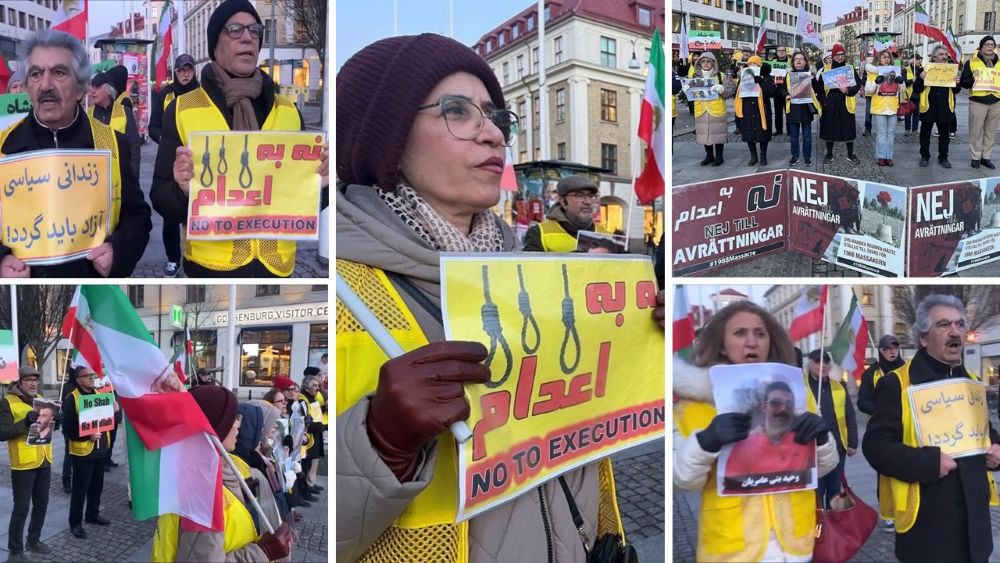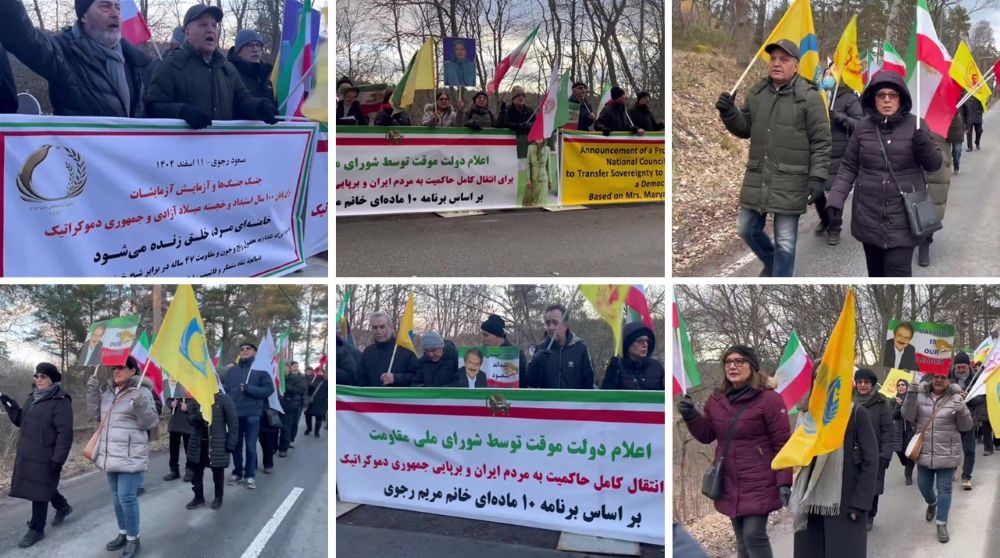
In the oppressive confines of Evin Prison, two elite students from Sharif University of Technology, Ali Younesi and Amirhossein Moradi, have emerged as powerful symbols of resistance against the Iranian regime’s brutal execution policies. Their plight reflects the broader struggle for human rights and justice in a country where dissent is met with severe repression.
A Call to Action
From their prison cells, Younesi and Moradi have launched the “No to Execution Tuesdays” campaign, a movement that has resonated across Iran. This initiative, now in its 43rd week, mobilizes prisoners in 25 facilities to participate in hunger strikes every Tuesday to protest the alarming rise in executions, which have surpassed 650 this year alone. In a heartfelt statement, they urged fellow students and citizens to unite against what they describe as “the most fundamental point of shared humanity.” They poignantly stated, “Let us stand hand in hand against executions,” emphasizing the need for collective action against state-sanctioned violence.
The Human Cost of Executions
Younesi and Moradi’s message is not merely theoretical; it is grounded in painful personal experience. They recounted the harrowing reality of executions within prison walls—where a fellow prisoner who smiled yesterday may never return after being called by name. Their words echo the grief felt by families torn apart by these policies, as they recalled the cries of mothers mourning their lost children. This vivid imagery serves to remind the public of the human toll behind cold statistics.
Academic Excellence Meets Brutal Repression
Both students are not only political prisoners but also academic prodigies. Ali Younesi, a gold medalist in the International Astronomy Olympiad, and Amirhossein Moradi, a silver medalist in the National Astronomy Olympiad, represent the bright future that the regime seeks to stifle. Arrested in April 2019 on dubious charges related to “national security,” they endured years of solitary confinement before being sentenced to lengthy prison terms following trials criticized for their lack of transparency.Their exemplary academic achievements contrast sharply with their current circumstances, highlighting the regime’s fear of educated youth who dare to challenge its authority. As they languish behind bars, their call for action has ignited solidarity among students and political prisoners alike, fostering a movement that refuses to be silenced.
A Broader Movement Against State Violence
The “No to Execution Tuesdays” campaign has become a rallying point for those opposing Iran’s draconian use of capital punishment. It is not just about stopping executions; it is about challenging a system that uses fear and violence to maintain control. The campaign seeks international attention and intervention, aiming to shed light on Iran’s alarming execution rates—one of the highest in the world. The students’ bravery has inspired many within Iran and beyond, reminding us that even in the face of oppression, hope and resilience can flourish. Their voices resonate with those who yearn for justice and dignity, serving as a reminder that the fight against capital punishment is fundamentally a fight for human rights.
Conclusion: The Unbroken Spirit
As Ali Younesi and Amirhossein Moradi continue their struggle from within prison walls, their message remains clear: unity is essential in confronting injustice. Their story exemplifies not only personal courage but also the collective strength of those who refuse to accept tyranny. The “No to Execution Tuesdays” campaign stands as a testament to the unbroken spirit of Iran’s youth—a movement dedicated to challenging oppression and advocating for a future where life is valued above all else.



